AU Day 2024: How can we educate an African fit for the 21st century?
)
Theme and Objectives
The 2024 Africa Day celebration centers on creating an education system that prepares Africans for the demands and opportunities of the 21st century. The theme emphasizes the need for resilience in education systems, ensuring they are inclusive, lifelong, quality-oriented, and relevant to current and future needs.
This initiative aligns with the Continental Strategy on Education for Africa (CESA), the Agenda 2030 and SDG4, and Agenda 2063. It aims to enhance access to quality education, advocate for increased investments, and develop effective policies to overcome Africa's significant educational challenges.
As we commemorate Africa Day 2024, we reflect on our progress and look forward to the future with a commitment to educating an African fit for the 21st century. Here are seven key strategies to achieve this goal:
1. Invest in Digital Infrastructure and Skills
Digital Literacy as a Cornerstone
In the 21st century, digital literacy is as fundamental as traditional literacy. Ensuring that all students have access to digital tools and the internet is critical. Governments and private sectors must collaborate to expand broadband infrastructure, especially in rural areas. Integrating digital literacy into the curriculum from an early age will prepare students for a technology-driven world.
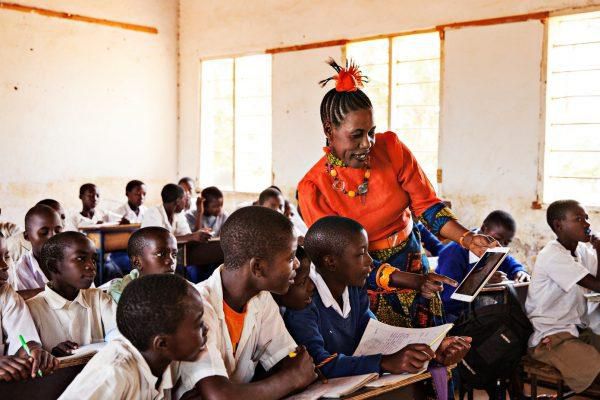
Advanced Technological Skills
Beyond basic digital literacy, education systems should focus on advanced technological skills such as coding, data analysis, and cybersecurity. These skills are increasingly in demand and can provide a competitive edge in the global job market.
2. Promote STEM Education
Emphasis on Science, Technology, Engineering, and Mathematics
A strong emphasis on STEM (Science, Technology, Engineering, and Mathematics) education is vital. STEM fields drive innovation and economic growth. Encouraging more students, particularly girls, to pursue STEM subjects can lead to a more skilled workforce and foster creativity and problem-solving abilities essential for the 21st century.
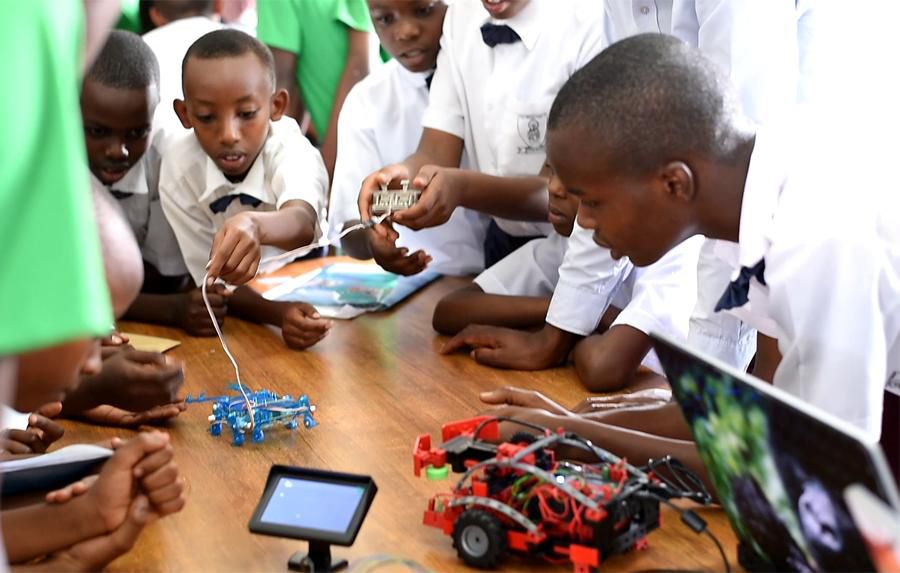
Practical and Applied Learning
STEM education should not be confined to theoretical knowledge. Practical, hands-on learning experiences, such as laboratory work, internships, and industry partnerships, can help students apply their knowledge to real-world problems and innovate solutions.
3. Emphasize Critical Thinking and Problem-Solving
Beyond Memorization
Traditional education systems often emphasize rote memorization over critical thinking. To prepare students for the complexities of the modern world, curricula need to prioritize critical thinking, creativity, and problem-solving. These skills enable students to analyze information, make informed decisions, and adapt to changing circumstances.
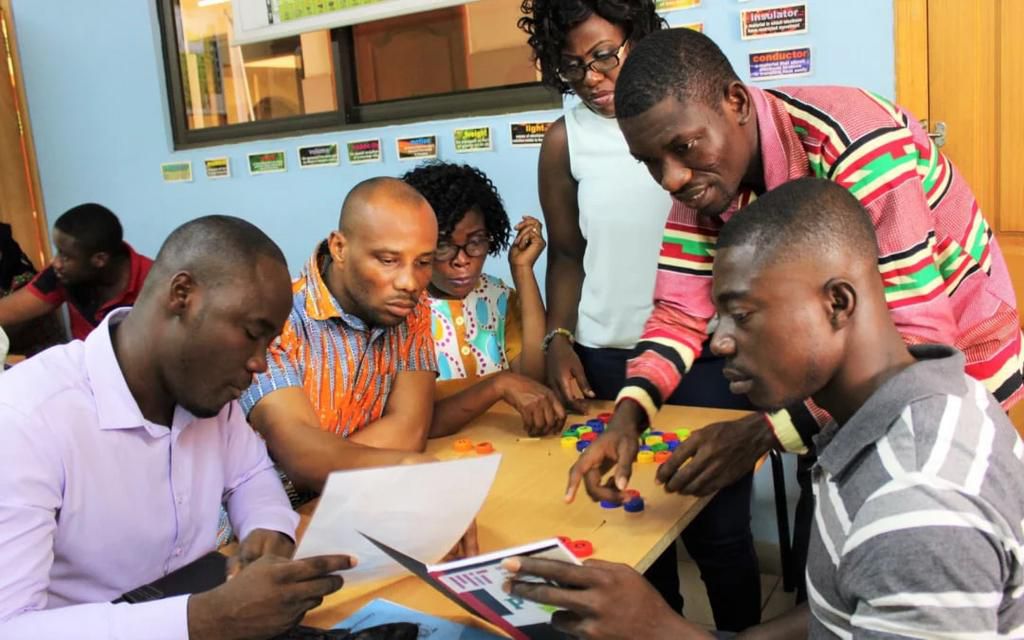
Collaborative Learning Environments
Creating collaborative learning environments encourages students to work together, share ideas, and develop teamwork skills. Group projects, debates, and peer-to-peer learning can foster a culture of critical inquiry and collective problem-solving.
4. Ensure Inclusive and Equitable Education
Addressing Inequality
Educational opportunities should be accessible to all, regardless of gender, socioeconomic status, or geographic location. Policies must be enacted to eliminate barriers to education, such as school fees, and provide support to disadvantaged groups. Scholarships, school feeding programs, and transportation subsidies can help ensure that no child is left behind.
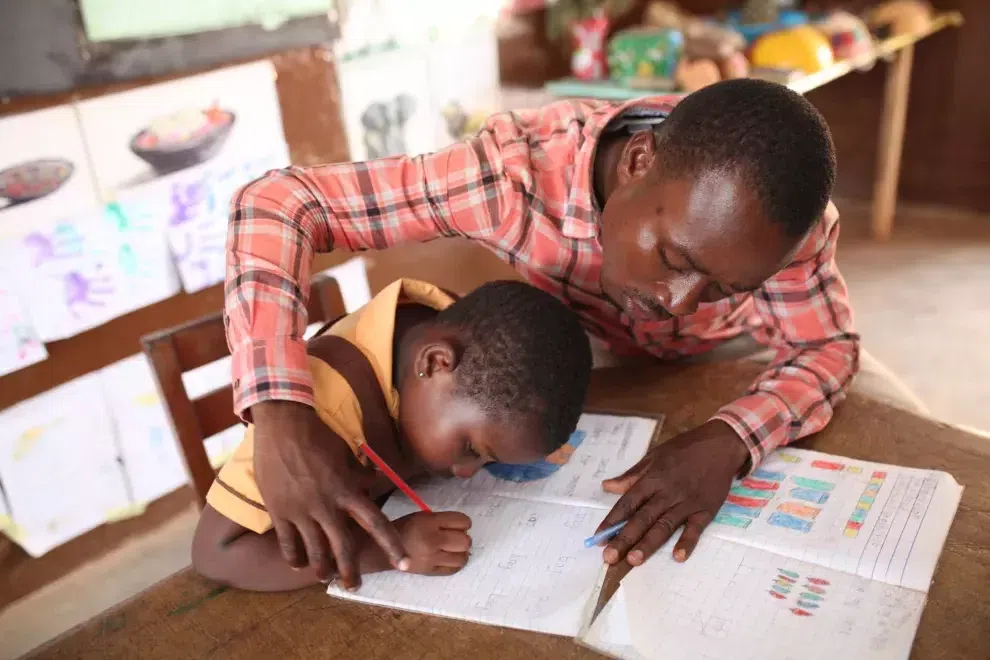
Gender Equity in Education
Special attention should be given to gender equity. Ensuring that girls have equal access to education and encouraging them to pursue careers in traditionally male-dominated fields can have transformative effects on societies and economies.
5. Foster Lifelong Learning and Skills Development
Beyond Formal Education
Education does not end with a degree. Lifelong learning opportunities, such as vocational training, adult education programs, and online courses, should be available to help individuals continuously update their skills and knowledge.
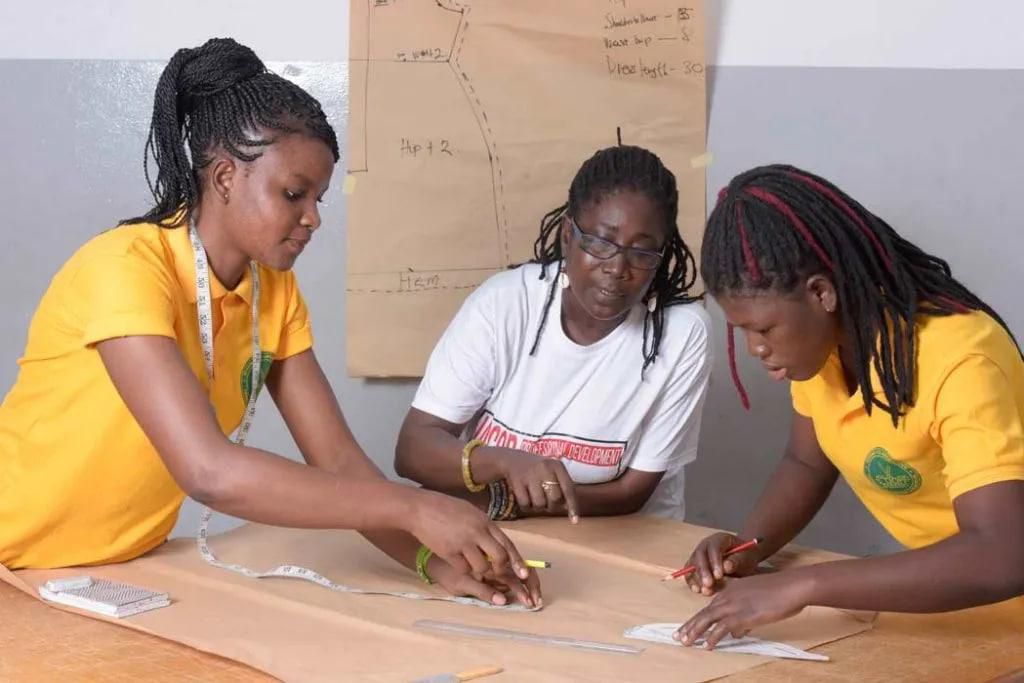
Adapting to Market Needs
Educational institutions need to stay attuned to market needs and adapt their programs accordingly. This includes offering courses in emerging fields, providing career counseling, and establishing partnerships with industries to ensure that graduates are job-ready.
6. Integrate Indigenous Knowledge and Culture
Valuing Local Contexts
Education should impart global knowledge and value and integrate indigenous knowledge and cultural heritage. This approach can foster a sense of identity and pride among students while preserving valuable traditions and practices.

Bilingual and Multicultural Education
Promoting bilingual and multicultural education can help students navigate diverse environments and prepare them for global citizenship. This includes teaching in both local languages and international languages like English or French.
7. Enhance Teacher Training and Support
Professional Development
Teachers are the backbone of any educational system. Providing continuous professional development opportunities ensures that teachers stay updated with the latest pedagogical methods and subject knowledge. Training in digital tools and modern teaching strategies can enhance their effectiveness.
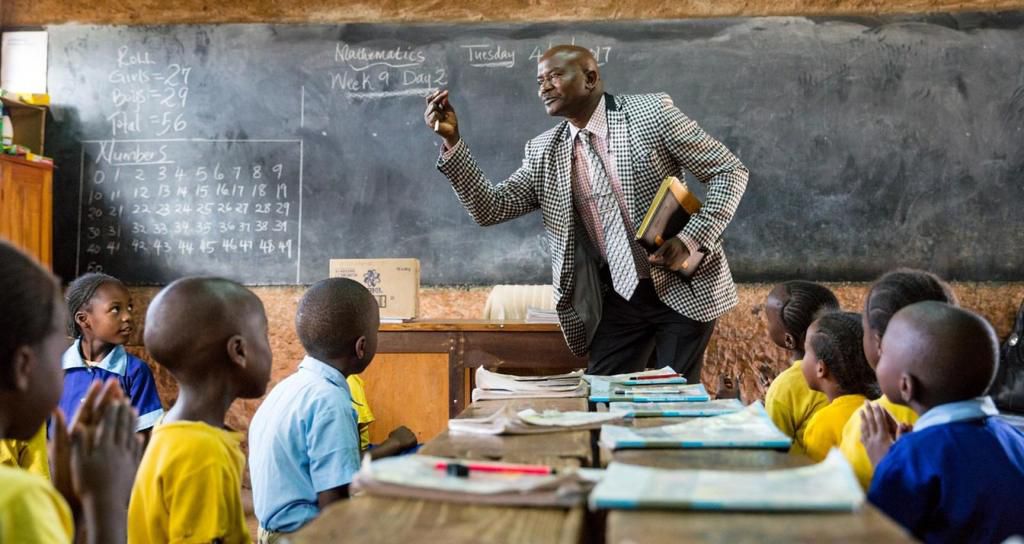
Supportive Work Environment
Creating a supportive work environment for teachers includes offering competitive salaries, manageable workloads, and opportunities for career advancement. Recognizing and rewarding excellence in teaching can motivate teachers to perform at their best.
Educating an African fit for the 21st century requires a comprehensive approach that addresses digital literacy, STEM education, critical thinking, inclusivity, lifelong learning, cultural integration, and teacher support. By investing in these areas, we can build resilient education systems that not only prepare individuals for the workforce but also empower them to contribute to the sustainable development and prosperity of our continent. As we celebrate Africa Day 2024, let us commit to these educational goals to secure a brighter future for all Africans.
AU's The Vision: Agenda 2063
Agenda 2063 is the African Union's strategic framework for transforming Africa into a global powerhouse. It emphasizes unity, self-determination, freedom, progress, and collective prosperity. This blueprint aims to deliver inclusive and sustainable development across the continent.
As we celebrate Africa Day 2024, let us renew our commitment to building resilient education systems that equip Africans with the knowledge and skills needed for the 21st century. By doing so, we can ensure a future where every African has access to quality, inclusive, and relevant education, driving sustainable development across the continent.
)
)
)
)
)
)
)
)
)
)
)
)
)
)
)
)